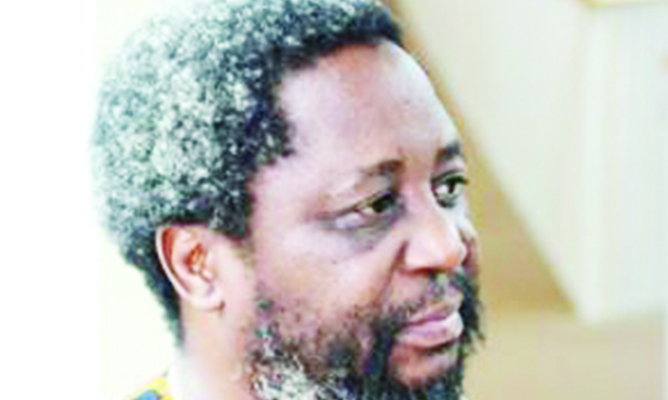
The novel Ancestors, by Chenjerai Hove, stands out as a successful portrayal of the Zimbabwean story of beginnings and endings, expectations and disappointments, giving and taking, movements and journeys through authentic Shona views and techniques.
Title: Ancestors Author: Chenjerai Hove Publisher: College Press (1996) ISBN: 0 330 34490 0 REVIEWED BY BENIAH MUNENGWA
As a narrative served with a relish of Shona folklore, the novel exhaustively explores the trying world of the period between the 1850s and the 1980s in a non-linear progression.
The text is mostly about the tale of a deaf and dumb woman Miriro, who after being born, is shunned by family and society at large, then dies to become an ancestor, who manifests in a boy, Mucha, revealing to him his history and viewpoints from the past as well as the future through dreams and visions.
But the narrative also presents a broader perspective on the history and heritage of the Zimbabwean folk.
The maze of history that is spread out starts with the birth of a deaf and dumb ancestor and the colonial administration of the then Rhodesia.
One gets a picture of how the colonial system emasculated and distorted the African set-up through taxation, belittlement, forced displacement and exploitation.
The late Hove sarcastically captures how capitalism disrupted the existing system of presumed “socialism”. But he does not just turn his whip on the white administration.
- Chamisa under fire over US$120K donation
- Mavhunga puts DeMbare into Chibuku quarterfinals
- Pension funds bet on Cabora Bassa oilfields
- Councils defy govt fire tender directive
Keep Reading
Through exposing Tsapi, a disgraceful character, who is rich, but reluctant to send girls to school, Hove bemoans the set of beliefs that marginalised women.
He mocks how societal set-ups drive people to either suicide or to seeking refuge somewhere else, as is the case of Miriro and Tariro, respectively, in their separate forced and arranged marriage cases.
The book is filled with “feminist voices in male bodies”. I felt like I was reading parts of the late Nigerian author Chinua Achebe’s Things Fall Apart, except that Ancestors carried a broader timeline, as well as heavy advocacy for the female voice and recognition of presence.
And Ancestors picks up the thread from where Bones, its precursor, left off, when he employs the illiterate female character in the form of Mucha’s mother, as he tries to give her a voice through her joys and sorrows of motherhood, when a son is facing either political or economic struggles as is the case of Marita in Bones.
Hove demonstrates that writers often represent the consciousness of their time, either subconsciously or deliberately, as he represents the anti-colonial struggles and domesticate English for his Shona purposes, incorporating folktales and the rich idioms.
Ancestors is divided into three parts, all of which are unfolded by what Memory Chirere (2010) terms a “narrative of a non-narrating narrator,” thereby, creating an almost unnatural narrative, which has deeper thoughts and details of people, who are being represented “authentically” by a deaf and dumb character or even the depiction of the underground esoteric world.
In spite of the text having a complex narrative pattern, Ancestors is not short of humour to compensate for the mental investment required in reading the book.
Tsuro naGudo folktales, idioms, caricature of disgraceful characters, song, childhood delinquency, dance, music, imagery and the use of the leit motif (a recurrent theme throughout a musical or literary composition) all does well in relaxing the dense fabric of the text, going away from the world of marital pain and displacement from the land of one’s ancestors.
Hove bemoans how a “loving god,” as he puts it, can burn his children for misbehaviour and how preachers would urge teachers to can pupils for missing Sunday school despite that they have been trying to help their parents make ends meet.
Hove upholds African values and heritage by evoking empathy in the reader for the displaced Gotami people, who were forced out of their ancestral lands by the white administration.
Although the ancestors seem to protect Shona people from Ndebele invasions, they fail to do so when the white man comes to displace them.
The joys of courtship, childhood play, adolescence experiences, patriarchy, divorce and polygamy all make up the platter served here.
l Beniah Munengwa cant be contacted on [email protected]











